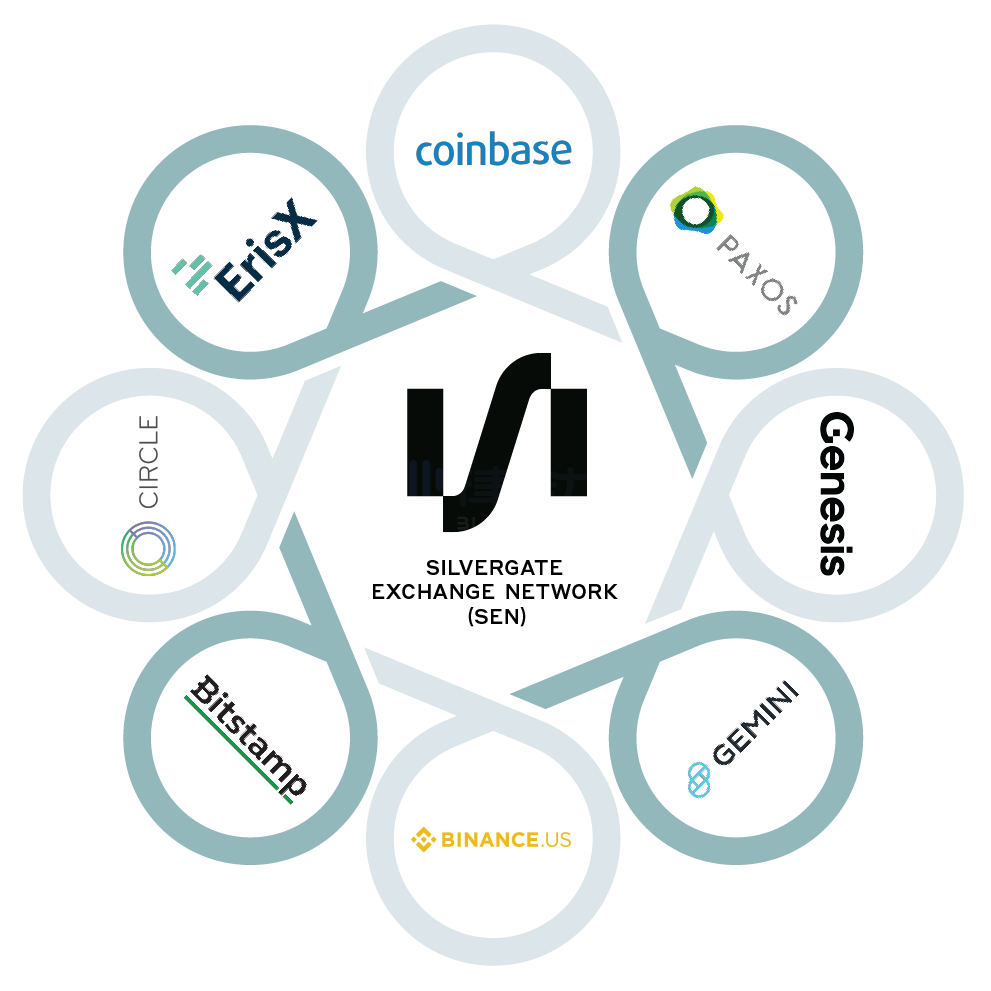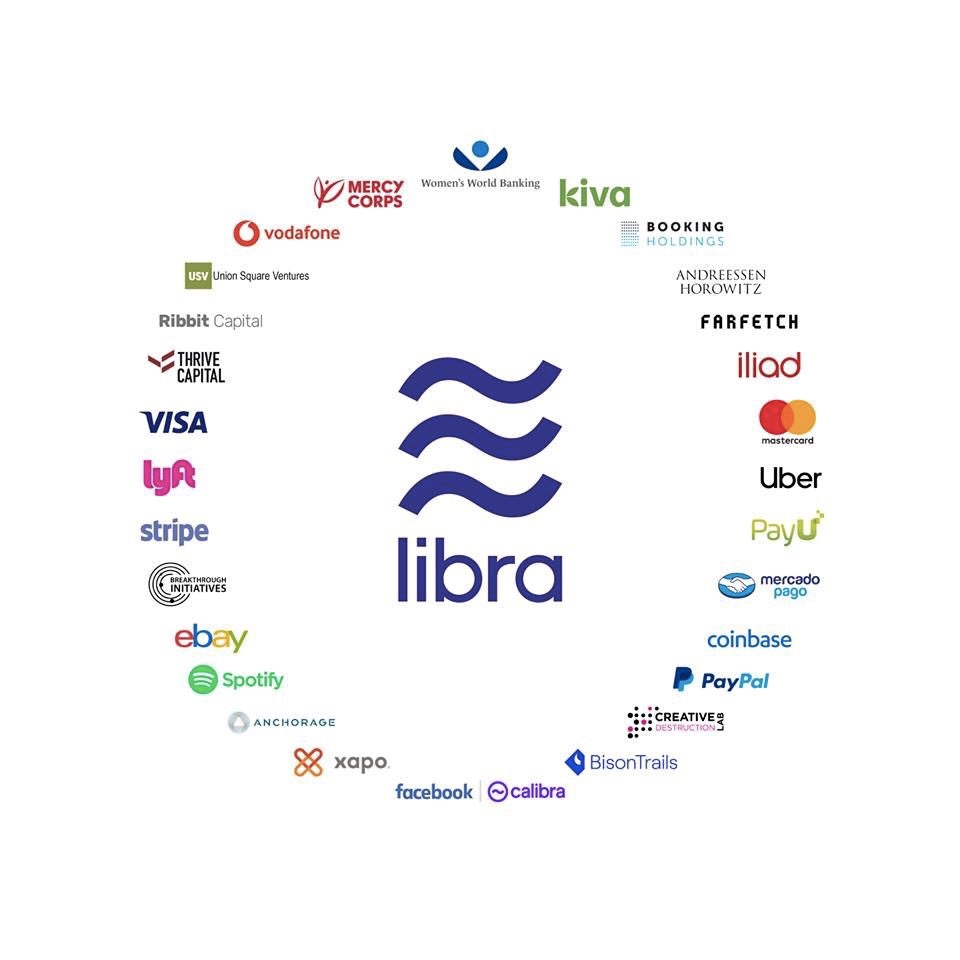Who is Silvergate taking over Diem? What other moves does Facebook have in its crypto journey?
Source: The Block
Meta (formerly Facebook) and its Stablecoin project Diem (formerly Libra) announced today that Silvergate Capital Corporation will acquire the intellectual property and other assets of the Diem payment network, which include the infrastructure and tools for the development, deployment, and operation of a blockchain-based payment network. According to a statement from Silvergate, they will also acquire "proprietary software elements critical to operating a regulatory-compliant stablecoin network."
Once highly anticipated by Facebook, Libra has now reached the point of being sold off.
As a stablecoin project that was once in the global spotlight, Diem has faced numerous challenges over the past two years. From its vision of transforming the global payment system under the umbrella of a super social network to now being sold off, we really have to say goodbye to Diem.
Who is Silvergate, the new owner of Diem?
Silvergate, which is taking over Diem, has long been connected to cryptocurrency. This name, which may be unfamiliar to most users, is an important partner for major U.S. cryptocurrency exchanges.
Silvergate is a Federal Reserve member bank established in 1988. Its CEO, Alan Lane, purchased his first Bitcoin in 2013 and recognized the market gap, leading Silvergate to focus on providing innovative financial infrastructure solutions for the digital currency industry since then.
In addition to banking services, Silvergate is best known for its 24/7 real-time payment platform, the Silvergate Exchange Network (SEN). In just the fourth quarter of 2021, SEN processed over $200 billion in transactions, with institutions like Coinbase, FTX, Binance US, Circle, Paxos being users of SEN.
FTX's SBF has highly praised Silvergate, stating, "The time a crypto company has been through can be divided into the pre-Silvergate phase and the post-Silvergate phase; describing Silvergate's transformation of financial services for blockchain companies is not an exaggeration. SEN proves day in and day out that it is one of the key pillars of cryptocurrency settlement."

On May 12, 2021, after a series of setbacks, the Diem Association announced it would abandon its plans to register with Switzerland's financial regulator FINMA and return to the U.S., where it found Silvergate and announced a partnership: Silvergate would become the exclusive issuer of Diem's U.S. dollar stablecoin, Dime USD.
From Facebook's perspective, partnering with a bank like Silvergate, which is both involved in the crypto space and a member of the Federal Reserve, is a high-quality option for seeking regulatory approval.
However, in November 2021, the U.S. President's Working Group on Financial Markets reported that partnerships between stablecoin issuers and wallet providers or commercial companies could lead to excessive concentration of economic power, which could adversely affect competition. They also expressed concerns that users of a stablecoin deeply involved with a giant tech company would face excessive barriers and costs when switching to a new stablecoin.
Thus, Facebook could only choose a less favorable outcome.
Novi Wallet and the Metaverse: Facebook's Next Move?
Losing Diem does not mean Facebook has completely abandoned the direction of digital currency; they still have an option—Novi Wallet, formerly known as Calibra. The name change indicates that Calibra was specifically designed for Libra, and now that Libra is gone, the rebranded Novi has completely shed its original identity and continues to carry Facebook's payment dream.
Despite widespread criticism of Facebook's data misuse, the company still has high hopes for Novi, planning to provide various financial services through it and even acquiring customer service chatbot company Servicefriend to enhance service quality.
At the same time, Novi is seeking partnerships with compliant stablecoin issuers Circle and Paxos and is considering using USDC or PAX as its stablecoin. At the end of last year, Facebook's WhatsApp began testing cryptocurrency transfers within the chat interface for some U.S. users, using the Novi wallet as the tool.
Currently, Novi appears to be Facebook's last option in the cryptocurrency space, and in their all-in approach to the Metaverse, Novi may help them revive their dream of crypto payments.
The Tumultuous Fate of Diem
Since the release of the white paper in June 2019, any news about Libra has been a hot topic, as it is the latest product from a super social network with nearly 3 billion users. If successful, the potential impact on users would be immeasurable. During the market's bleak mid-2019 period, news of Facebook's entry into cryptocurrency also provided a boost to the market. Just four days after Libra's launch, Bitcoin rose back above $10,000 for the first time in nearly a year, eventually reaching its peak of $14,000 that year, with Bitcoin's total market cap soaring from around $160 billion to $228 billion.
However, Libra peaked upon its debut.
In the first version of the white paper, Libra aimed to create a global payment network by forming a currency basket containing multiple fiat currencies, becoming a payment giant.
With this vision, investment institutions, blockchain companies, social media, telecommunications companies, e-commerce, ride-sharing, non-profits, music, travel, payments, and other super giants like Visa, Uber, eBay, Spotify, and Coinbase became partners of Diem, forming a super alliance that shone in Silicon Valley.
 The partner lineup when Libra was first launched
The partner lineup when Libra was first launched
But while everyone envisioned how Libra could change the payment landscape, regulators were not on board; they did not recognize Facebook's ambitions and were concerned about Libra's impact on the dollar's status, fearing it could even affect the U.S., especially given Facebook's reputation as an "internet bully." Not long before, Facebook's data leak and manipulation of elections had left a lasting impact, and regulators had become dismissive of this once-proud giant.
As a result, within four months of Libra's launch, Congress held three hearings, and even Facebook founder Mark Zuckerberg had to personally participate in hearings to ease tensions between the platform and regulators, but to no avail. Even though Zuckerberg sincerely assured regulators that Libra would have various KYC (Know Your Customer) measures and user protections, and even claimed that Libra would protect and enhance the dollar, regulators remained unconvinced. From the questions posed during the hearings, we can see the regulators' anxiety; as a company with a history of data manipulation, who could trust that 3 billion people's payment data would be in one person's hands?
Under regulatory pressure, several partners, including PayPal and eBay, withdrew from the super alliance, forcing Libra to revise its white paper. It first introduced a single stablecoin peg and later rebranded as Diem, pegging only to the dollar to meet regulatory requirements as much as possible. Ultimately, it was a case of diminishing returns; regulation did not allow Facebook to achieve its goals.
Although Diem is still struggling to maintain its position, issuing statements claiming that what they are doing is still a "huge and excellent opportunity," insiders have described Diem as a "zombie organization," existing in name only. Do they have no chance of success? Not exactly, but it is very slim, so small that it can be ignored.
In September 2020, Diem co-founder Morgan Beller announced her departure; in March 2021, another co-founder, Kevin Weil, announced his departure; and by the end of 2021, David Marcus, head of Meta's cryptocurrency project, also chose to leave. The global regulatory crackdown has led these project leaders to retreat. The departure of these veteran figures has dimmed Diem's prospects.
Facebook's sale of Diem to Silvergate indicates that a stablecoin-based payment system no longer seems to be a priority for Facebook; the Metaverse is now the new tool through which Facebook is trying to change the global perception of it.
The grand global stablecoin project, which lasted two and a half years, has officially come to an end.










